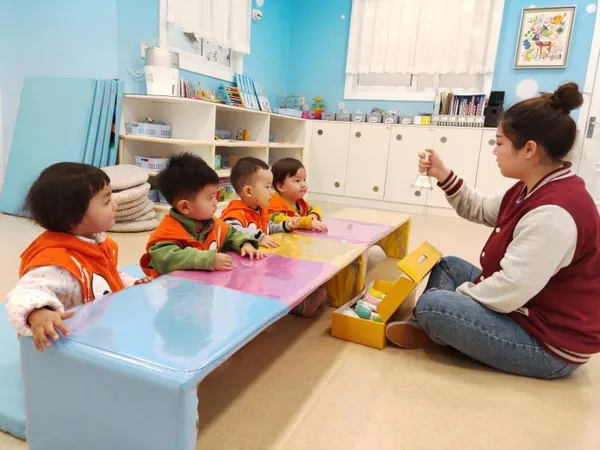Colleges and universities have been grappling with the increasing demand for mental health support among their students. To address this issue, some institutions are turning to an unconventional solution—hiring undergraduate students to provide mental health education, programming, and peer counseling.
While students have traditionally offered informal peer support through organizations like Active Minds or the National Alliance on Mental Illness, a growing number of schools are formalizing this role by paying undergraduates to take on these responsibilities.
For instance, at California State University, Fullerton, a group of eight undergraduate students known as “mental health peer educators” has taken on the responsibility of conducting workshops on various mental health topics for their fellow students. Previously, these workshops were led by clinical staff in the Counseling and Psychological Services department, but in 2021, the university decided to hire and train students for this role. These hour-long workshops cover common mental health issues, including stress, sleep, and mood, and provide strategies to help students navigate these challenges. For example, the sleep workshop includes techniques such as breathing exercises to help students unwind before bedtime.
The goal of this initiative is to ensure that interventions are easily accessible, quick, and free. There is a commitment to breaking down the misconception that self-care requires financial resources, making mental health support more readily available to all students.
This approach represents a creative and collaborative way for universities to address the mental health needs of their students. By leveraging the unique perspectives and experiences of undergraduate students, these institutions are striving to create a more supportive campus environment and enhance the overall well-being of their student body.
As the demand for mental health services on college campuses continues to rise, it will be interesting to see how this model evolves and expands to meet the growing needs of students across the country.

























